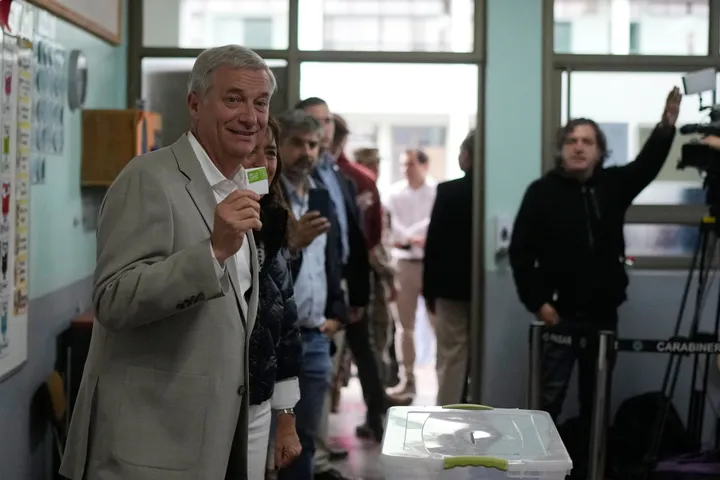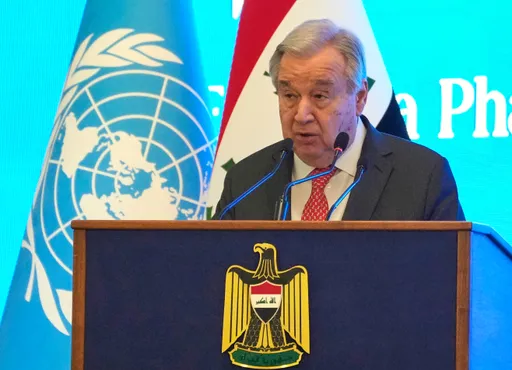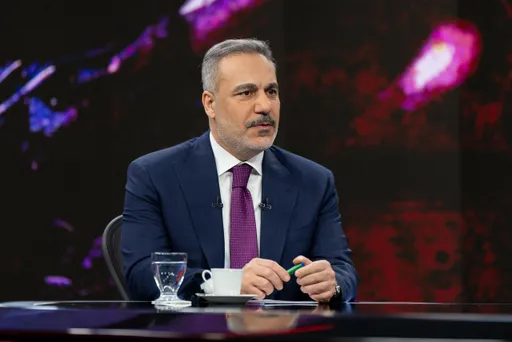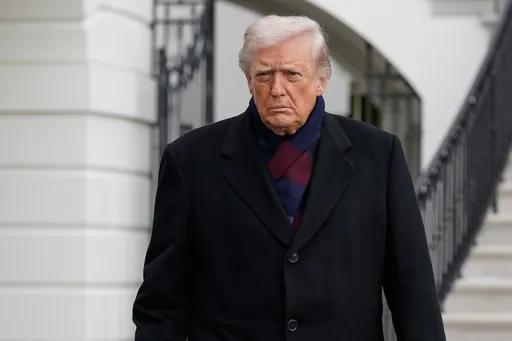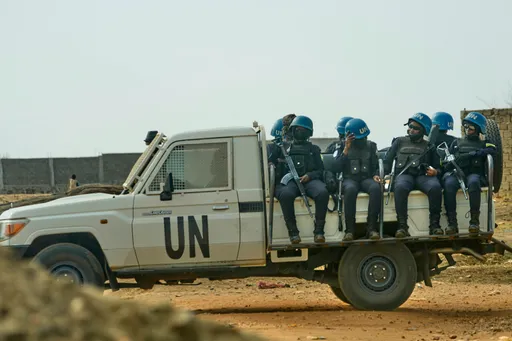It all started with a bang when the small Baltic state of Lithuania announced that it would open the Taiwanese Representative Office in the capital Vilnius last month.
Using the name Taiwan - and not Taipei - signaled to China, which still claims the territory as part of its one-China policy that Lithuania was trying to set a precedent and recognise the island, which claims to be independent.
The dispute has not come without consequences though.
Trade between Lithuania and China has declined, and while authorities in Beijing deny that there is a boycott - officials in Lithuania believe that businesses in China have been told to scale down their activities.
China's actions have hit Lithuania hard, resulting in acrimony in the country amongst politicians and finger pointing over who is to blame.
This week, Lithuanian President Gitanas Nauseda expressed reservations over the wisdom of his small country going against the world's second-largest economy.
While urging China to reverse trade sanctions against Lithuania, European Union countries will not enter into a costly trade war over Lithuania's independent decision.
"I think it was not the opening of the Taiwanese office that was a mistake, it was its name, which was not coordinated with me," said Mr. Nauseda.
Many countries that have a relationship with Taiwan use the name the Taipei Representative Office - as the official name, which is the island's capital. A compromise that in China's mind does not exclude China's claim over the territory.
Lithuania's president Nauseda seemed to acknowledge this when he said that the problem was the name "and now we have to deal with the consequences."
While authorities may welcome Lithuania's change of heart in Beijing, Taipei's attempt to consolidate its diplomatic toe-hold in the Baltic state could further ratchet up tensions.
Following China's unofficial trade sanctions, Taiwan is now offering to set up a $200 million investment vehicle in a bid to stiffen Lithuania's resolve.
Taiwan is working on the trade front to find a home for Lithuanian shipping containers stuck at sea and unable to disembark in Chinese ports and working towards opening up the island's economy to products from the Baltic state.
There are even reports that a Tawainese company purchased 20,400 bottles of Lithuanian rum that China refused to let into the country - a symbolically important gesture - but unlikely to compensate for China's massive market access.
China's state-run Global Times newspaper in an op-ed last November made Beijing’s view clear there will be no "opportunity for trivial forces like Lithuania to lead the Western world to shake the one-China principle," it said.
At the heart of the divide is that the Chinese government views Taiwan as a breakaway province that will, eventually, be part of the country again.
China has put forward a formula in recent decades, known as "one country, two systems." This policy would leave Taiwan with significant autonomy, but it would accept reunification.
In Taiwan, many people prefer the status quo, which would see the island not joining China and not declaring independence.
Last month Nicaragua became the latest country to withdraw diplomatic recognition from Taiwan, leaving the island with just 14 formal diplomatic allies as China continues to whittle that number through economic incentives.
The Taiwan, or the Republic of China (ROC) as it is officially known, government retreated to the island of Taiwan at the end of the Chinese Civil War in 1949 after the Chinese Communist Party won. The ROC used to represent China at the United Nations until it was expelled in 1971 in favor of the People's Republic of China after the communist takeover in Beijing.




